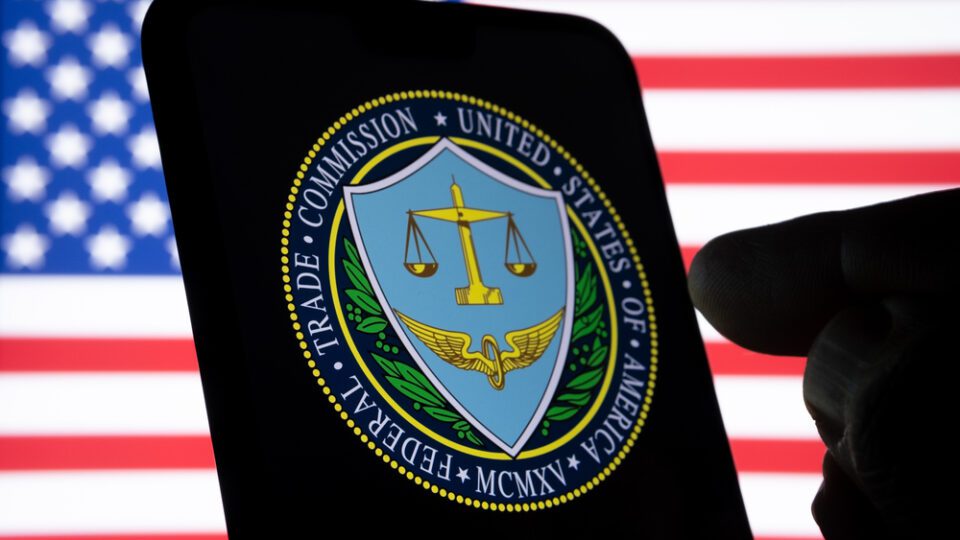The Federal Trade Commission (FTC) is exploring a potential rule to combat deceptive or unfair review and endorsement practices, such as using fake reviews, suppressing negative reviews and paying for positive reviews. The agency is seeking public comment on the potential harms stemming from deceptive or unfair review and endorsement practices, and whether a rule would help consumers and retailers level the playing field for honest marketers through its Advance Notice of Proposed Rulemaking (ANPR).
The FTC noted that many shoppers rely on reviews when choosing a product or service, and that although fake reviews drive sales, they tend to be associated with low-quality products. Additionally, it can be difficult for anyone, from consumers to the platforms themselves, to distinguish real reviews from fake ones.
As a result, case-by-case enforcement without civil penalty authority may not be enough to stem the growth of deceptive reviews and endorsements, according to the FTC. The agency also noted that the Supreme Court’s decision in the AMG Capital Management LLC v. FTC case hindered its ability to seek monetary relief for consumers under the FTC Act. A rule that clearly spells out prohibited practices may strengthen deterrence by allowing the agency to impose civil penalties while simplifying enforcement.
“Companies should know by now that fake reviews are illegal, but this scourge persists,” said Samuel Levine, Director of the FTC’s Bureau of Consumer Protection in a statement. “We’re exploring whether a rule that would trigger stiff civil penalties for violators would make the market fairer for consumers and honest businesses.”
The ANPR seeks comment on the costs and benefits of a potential rule, as well as the pervasiveness and potential harms to consumers and competition from certain clearly deceptive or unfair practices involving reviews and endorsements, including:
- Fake reviews, such as reviews and endorsements by people who do not exist or have not used the product or service, or who lie about their experiences;
- Review reuse fraud, in which some sellers hijack or repurpose reviews posted about another product or service;
- Paid reviews, where marketers may pay for positive reviews about their products or negative reviews about competitors’ products;
- Insider reviews, including reviews written by a company’s executives or solicited from its employees that don’t mention their connections to the company;
- Review suppression, such as retailers claiming that their websites display all reviews submitted by customers when they suppress negative reviews, or attempt to suppress reviews on other platforms by threatening the reviewers;
- Fake review websites, for which a seller sets up a purportedly independent website or organization to review or endorse its own products; and
- Buying followers, which involves buying or selling followers, subscribers, views or other indicators of social media influence.
The ANPR will be published in the Federal Register in the near future, and the public will have 60 days to submit a comment after the notice is published.
The FTC isn’t the only organization ramping up its effort to fight fake reviews. Amazon is combating the problem in multiple countries, including through a criminal complaint in Italy, a first civil lawsuit in Spain and numerous lawsuits in the U.S. The retailer is taking action against 11,000 websites and social media groups accused of attempting to orchestrate fake reviews on Amazon and elsewhere.













